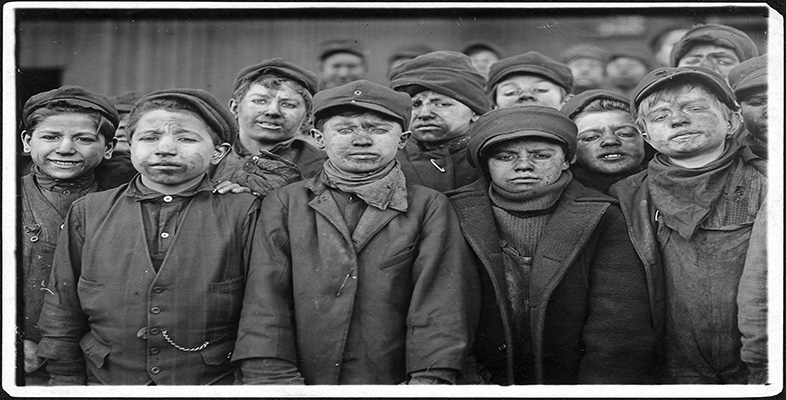5.2 Owen in London 1812–14
Owen's visits to London, where he worked on the essays, coincided with the vital closing years of the Napoleonic Wars. He arrived in the metropolis to find it seething with news of momentous events on the Continent, especially Wellington's victories in the Peninsula and Napoleon's retreat from Moscow, of the course of the war in the United States, and, closer to home, of a series of political crises made more acute by the growing unrest in the country. While the international situation remained perilous and world events were to exercise a growing influence on Owen's later life, it was the prevailing politics and the personalities with whom he now associated which affected his reception.
As well as corresponding with ministers, Owen's activities in Manchester and Glasgow, and his successful management of New Lanark, meant that his ideas about social reform had almost certainly reached the government of Lord Liverpool. Liverpool by then headed a Tory administration, appointed by the Prince Regent following the assassination of the previous prime minister, Spencer Perceval, in May 1812. Liverpool, who had been present at the fall of the Bastille, was no great enthusiast for parliamentary reform. The essentially reactionary regime that prevailed during the first eight years of his government was to be counterbalanced by Liverpool's pragmatic approach to politics and the economy. Although the landed class still dominated Parliament, commercial and manufacturing interests were becoming increasingly important as industrialisation gained momentum.
Apart from Liverpool, Owen knew other members of the government, notably Viscount Sidmouth (1757–1844), the home secretary; Nicholas Vansittart (1766–1851), chancellor of the exchequer; and Robert Stewart, later Viscount Castlereagh (1769–1822), foreign secretary. Sidmouth, previously prime minister 1801–4, was charged with maintaining public order. Although much of the legislation under which he operated had been in place since the 1790s, he himself became identified with implementing further repressive measures. These included censorship of the press and pamphleteering, laws against meetings and demonstrations, and ultimately a raft of repressive legislation known as the ‘Six Acts’. This legislation, designed, among other objects, to prevent assembly that might lead to riot, was passed in 1819 following Peterloo (a Radical demonstration at St Peter's Field, Manchester, brutally attacked by militia after the Riot Act had been read), the bloodiest popular disturbance of the Regency. Vansittart was concerned about the economic impact of the war, increasing unemployment and the costs of the poor. Like Sidmouth, he was prepared to give tacit support to Owen's ideas. Owen came to know Castlereagh during his propaganda campaigns and was possibly assisted by him when he presented memorials on social reform to delegates at the Congress of Aix-la-Chapelle (Aachen) in 1818.
After the publication of the essays and his later plan for communities, many other prominent figures in politics, the churches and reforming circles were also willing to give Owen's views a hearing, though whether or not this was a commitment to action seemed to be one of the questions Owen consistently refused to address.
